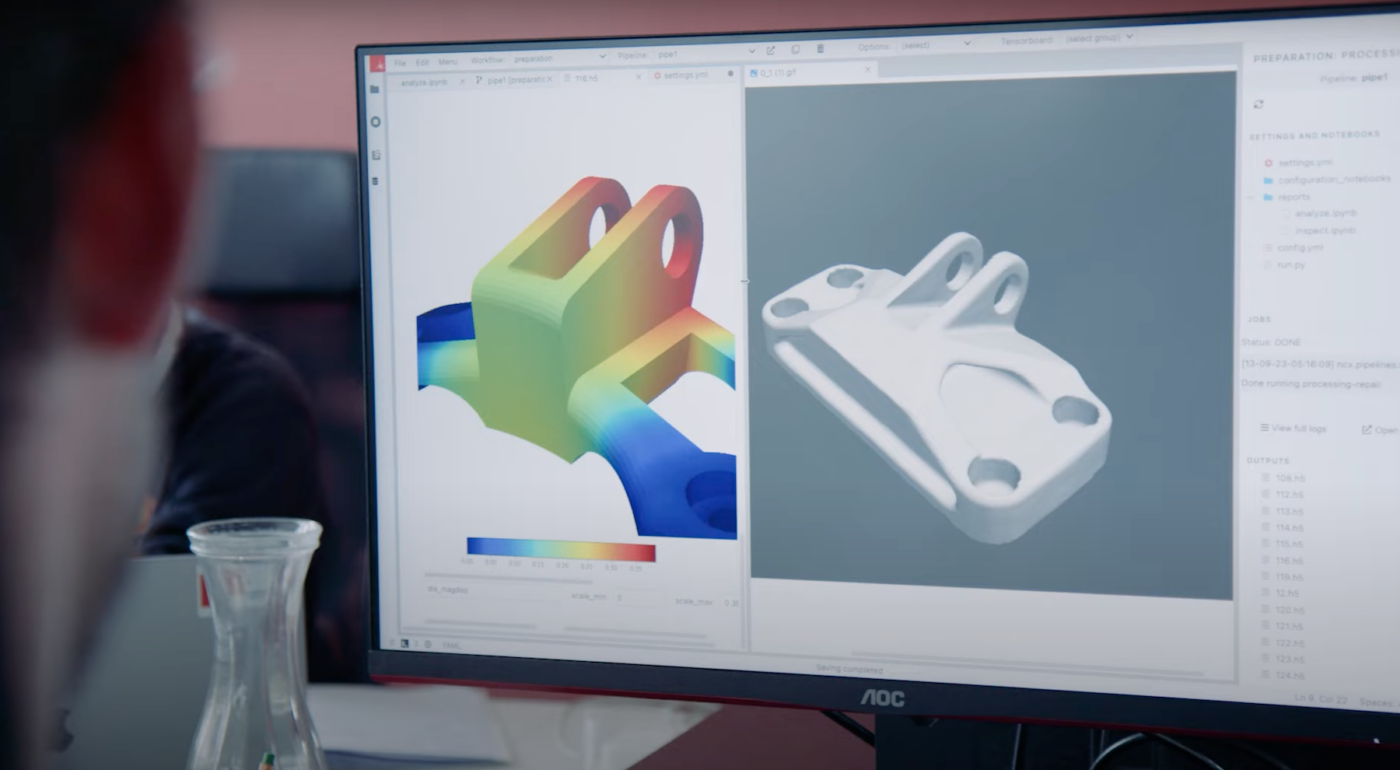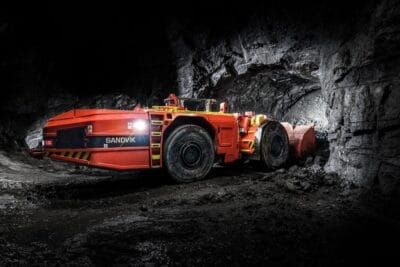Neural Concept raises $27m for AI to reduce EV development time
Neural Concept says the fresh finance of 27 million raised in a Series B financing round will enable it to expand and consolidate its “technology leadership in the field”, as well as “to accelerate its global recruitment and growth to meet strong customer demand across Europe, Asia-Pacific, and the US.” The round was led by Forestay Capital, and includes the participation of the D. E. Shaw Group and existing investors Alven, CNB Capital, HTGF and Aster Group.
Neural Concept was founded in 2018, is headquartered in Lausanne and employs more than 60 people in Switzerland, Germany and the USA. The company says it is leading in 3D deep learning for product development teams in the automotive, microelectronics, aerospace and energy sectors. More than 60 OEMs from various industries, including Airbus, Bosch, General Electric, Subaru and four out of ten Formula 1 racing teams, are already said to rely on Neural Concept’s platform.
Pierre Baqué, co-founder and CEO of Neural Concept, told Techcrunch that the platform speeds up a process that is currently still done manually. “Let’s say I have a design for a battery, and I would like it to perform better to increase its thermal efficiency. Our software will suggest some improvements on how to make it more efficient because the software is aware of the property of the materials,” he explained
According to Baqué, the Neural Concept platform for deep 3D development, can bring the development time for electric vehicles down from four years to just 18 months. Western vehicle manufacturers are struggling to keep down costs so that electric vehicles are comparable in price to their combustion engine counterparts. Carmakers in particular need to be able to develop vehicle models that respond to a rapidly changing market as Chinese competitors corner both technology-driven and affordable vehicles.
Deborah Pittet, senior principal at Forestay Capital, said, “Neural Concept has pioneered 3D Deep Learning — the leading-edge of AI — and demonstrated phenomenal traction and results with customers in various industries around the world.”
Other companies such as Ansys, have also been moving into the deep learning space for component simulation.





0 Comments